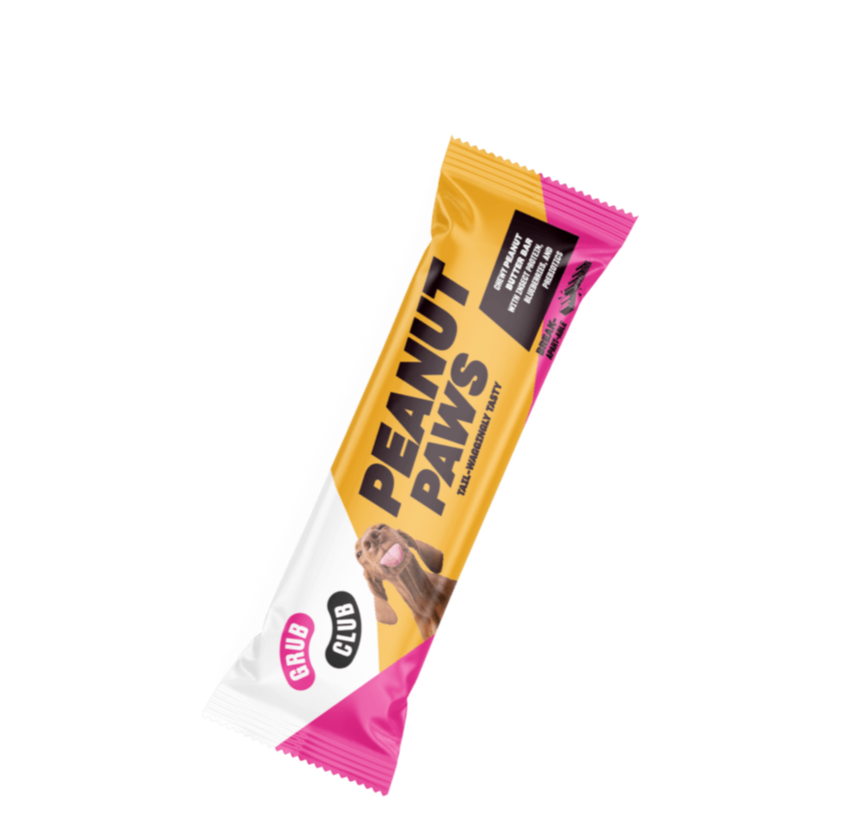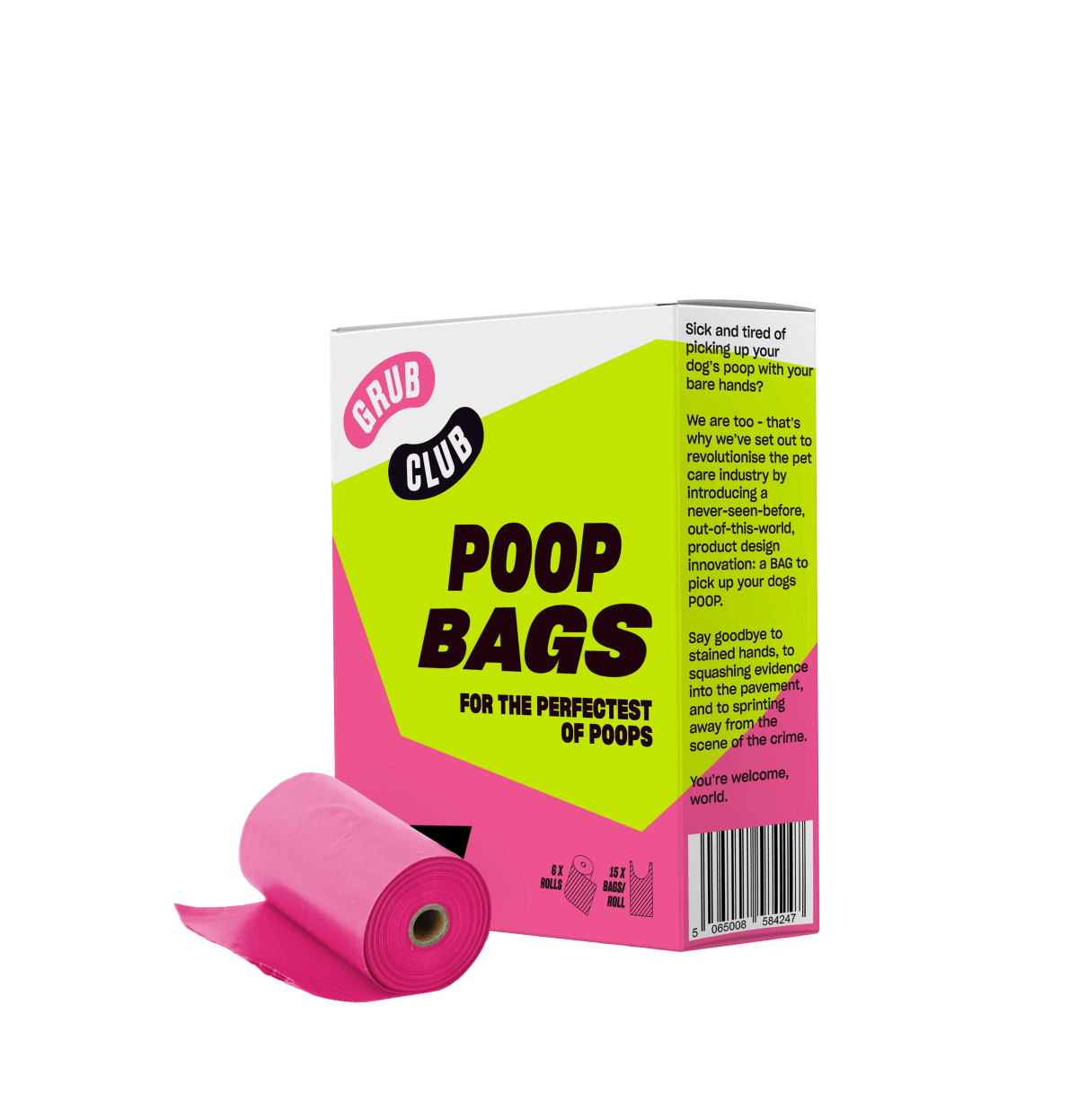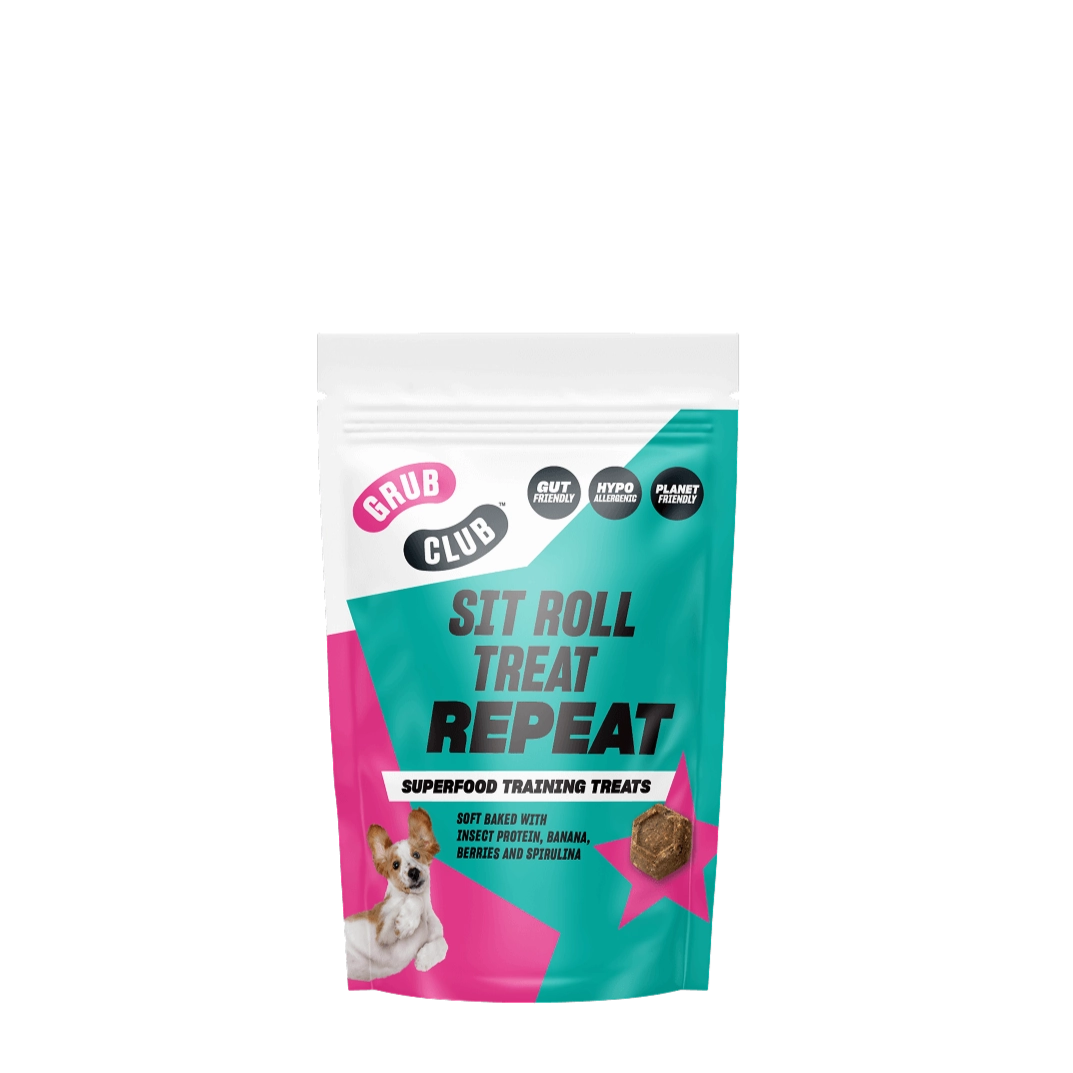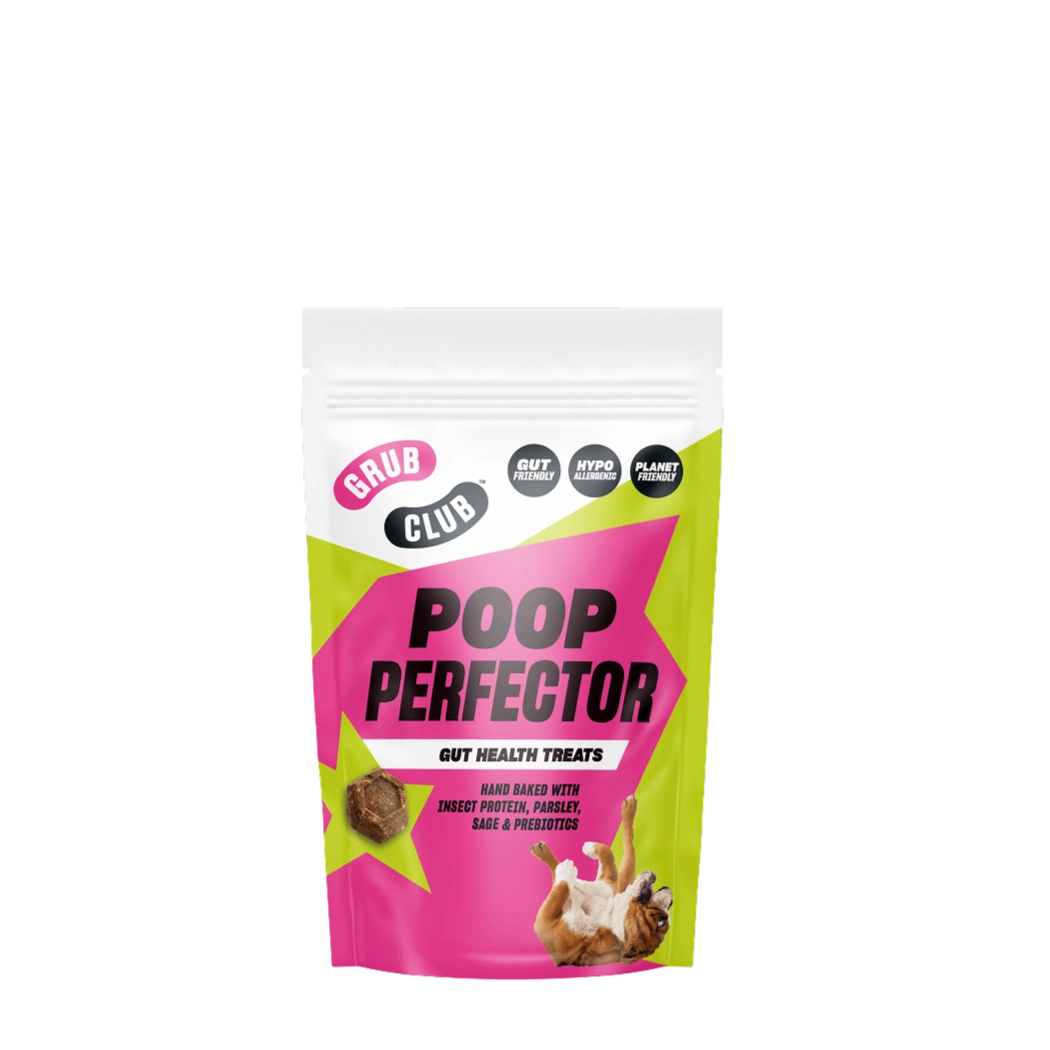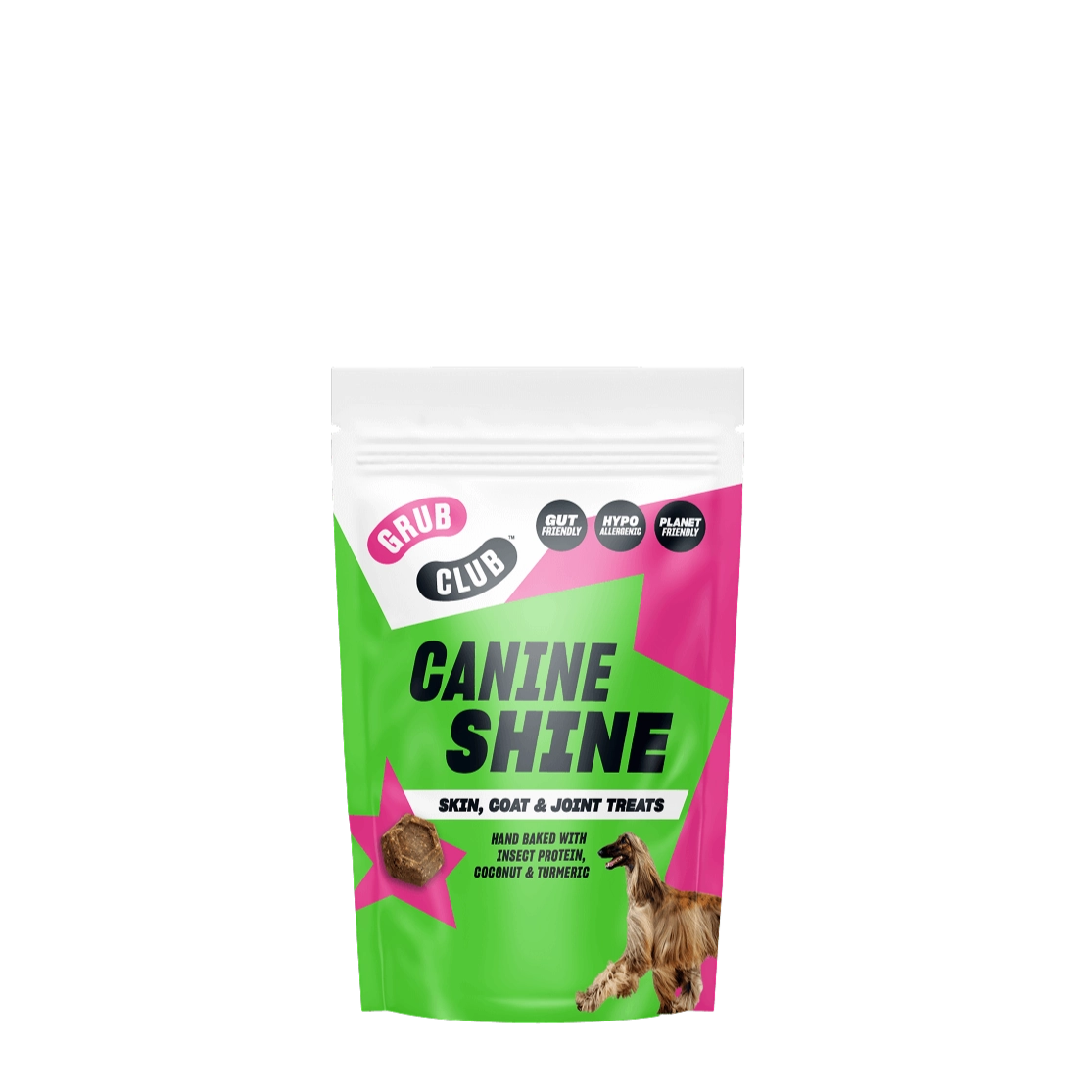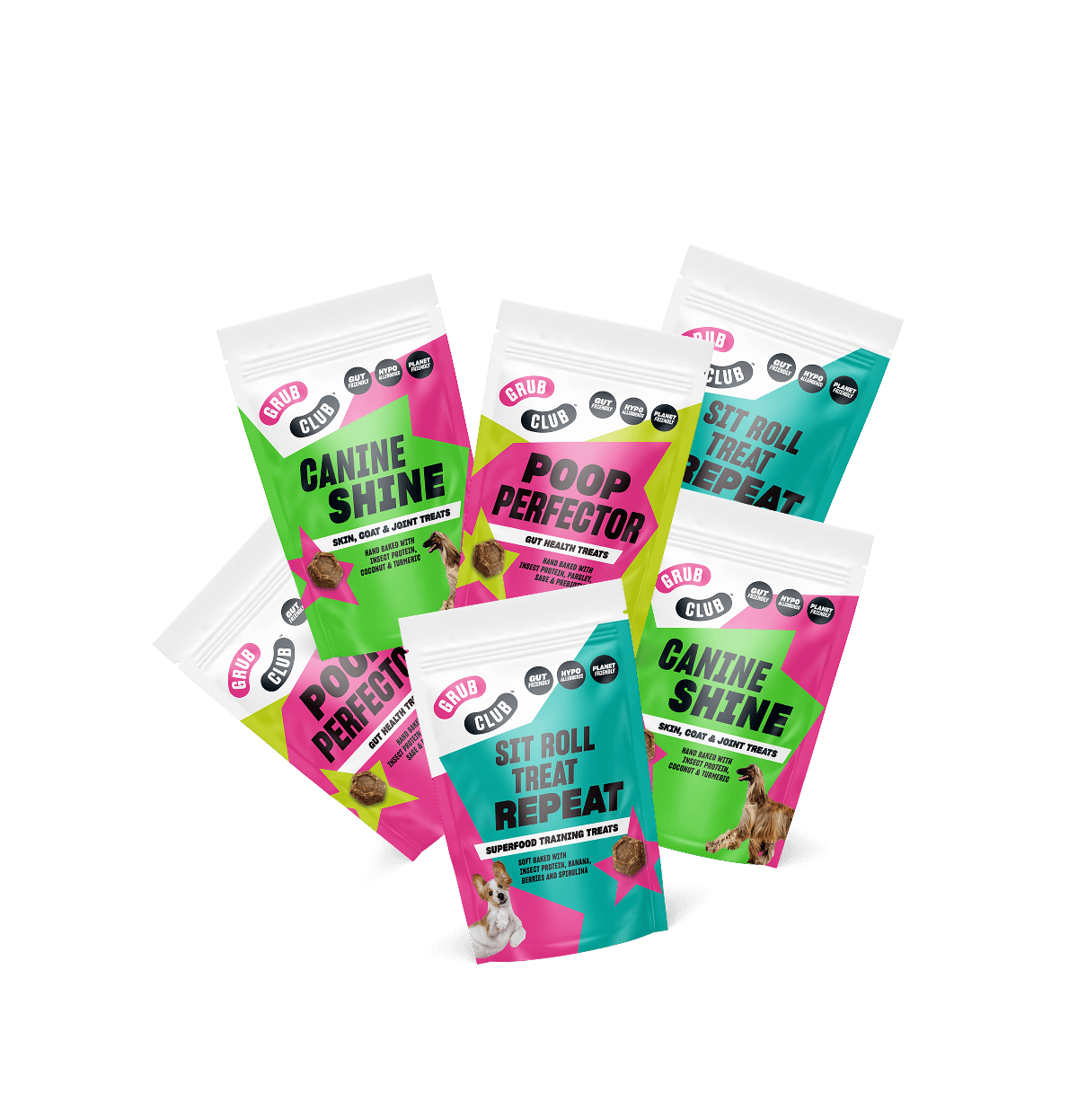Top Dog: All-In-One
Supplement for Snout-to-Tail Wellness
60 Scoops
FREE UK Delivery on orders above £49.
You have £0.00 in your cart, spend £49.00 more and get free shipping.
60 Scoops
1 Bar
72 Bags
1 Pack
1 Pack
1 Pack
Or continue without a name
CheckoutAhh, the topic that can really get your dog collar in a twist. We're talking about grain-free dog food.
We answer the questions on all dog owners' lips: Are dogs supposed to eat grains? Are we changing dogs’ diets to suit our own? Is feeding your dog grains a cardinal sin? Or is grain-free dog food the 'elite tier' of canine munch? We reveal all.
Yes, the vast majority of dogs can most definitely eat grains as part of a healthy balanced diet. The majority of dog foods on the market include grains in their recipes along with other ingredients such as vegetables, fruits, nuts and seeds.
Grains are packed with nutrients and provide carbohydrates, fats and immunity-boosting antioxidants. All of these can support healthy skin, fur, claws and all round good well-being - so long as your dog does not have an adverse reaction to them.
Some dogs body’s simply cannot process grains effectively which can lead to symptoms such as itching and sensitive skin, diarrhoea, weight loss and a lack of energy. Which is precisely why having grain-free options is vital for some dogs.
Dog food labelled as 'grain-free' indicates that the product doesn't contain any grains such as wheat, corn, barley, oats, rye, rice or soy. Perfect if your dog has intolerances to grain. However, if your dog needs their food to be gluten-free this will still probably contain some grains. Confused yet? Read on…
Gluten is the protein that is found in certain types of grain, such as wheat, barley and rye but not every grain type contains gluten which means, in short, that gluten-free dog food may or may not be grain free, while grain-free dog food will always be gluten-free.

Yes, providing your dog with a grain-free diet has so many amazing benefits:
Dilated cardiomyopathy is the degeneration of the heart muscle, most specifically the thinning of the muscle walls which can lead to an enlarged heart. It is most common in large breed dogs such as Boxers, Dobermans and St Bernards.
Recently, there have been studies to suggest that grain-free dog food could potentially be associated with dilated cardiomyopathy. This has been connected to high levels of legumes in dog food which is common in the USA but rare in the UK.

So, as you can see, grains can be good for some dogs but for those that struggle with intolerances to grains, feeding them a grain-free dog food could do wonders for their skin, stomach and general health.
Check Out Our Related Products & Bundles:

